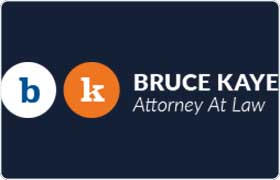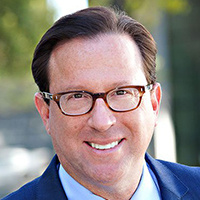Grapevine Felony Lawyer, Texas, page 2
Sponsored Law Firm
-
 x
x

Click For More Info:
-
Law Offices Of Bruce C. Kaye
400 N. St. Paul St.1110 Dallas, TX 75201» view mapCriminal Defense Law Changing Lives, One Case At A Time
The best thing about running my own practice is the opportunity to give my clients the individual attention they deserve.
800-920-9461
Ali Oliver Hassibi
Criminal, Misdemeanor, Felony, White Collar Crime
Status: In Good Standing *Status is reviewed annually. For latest information visit here Licensed: 23 Years
Ben Hunsucker
DUI-DWI, Felony, Misdemeanor, Criminal
Status: In Good Standing *Status is reviewed annually. For latest information visit here
Blake Betlee Reyna
Felony, Misdemeanor, DUI-DWI
Status: In Good Standing *Status is reviewed annually. For latest information visit here Licensed: 20 Years
Cadoc Artemio Menchu
Criminal, DUI-DWI, Federal, Felony
Status: In Good Standing *Status is reviewed annually. For latest information visit here Licensed: 31 Years
Carlton D. Alexander
Criminal, Family Law, Medical Products & Devices, Felony
Status: In Good Standing *Status is reviewed annually. For latest information visit here Licensed: 8 Years
Casey J. Cole
Misdemeanor, Felony, DUI-DWI, Criminal
Status: In Good Standing *Status is reviewed annually. For latest information visit here Licensed: 36 Years
FREE CONSULTATION
CONTACTD. Mark Elliston
Criminal, DUI-DWI, Misdemeanor, Felony
Status: In Good Standing *Status is reviewed annually. For latest information visit here
Darcy Elizabeth Loveless
Family Law, Divorce & Family Law, Felony, Accident & Injury
Status: In Good Standing *Status is reviewed annually. For latest information visit here
 Bruce Kaye Dallas, TX
Bruce Kaye Dallas, TX